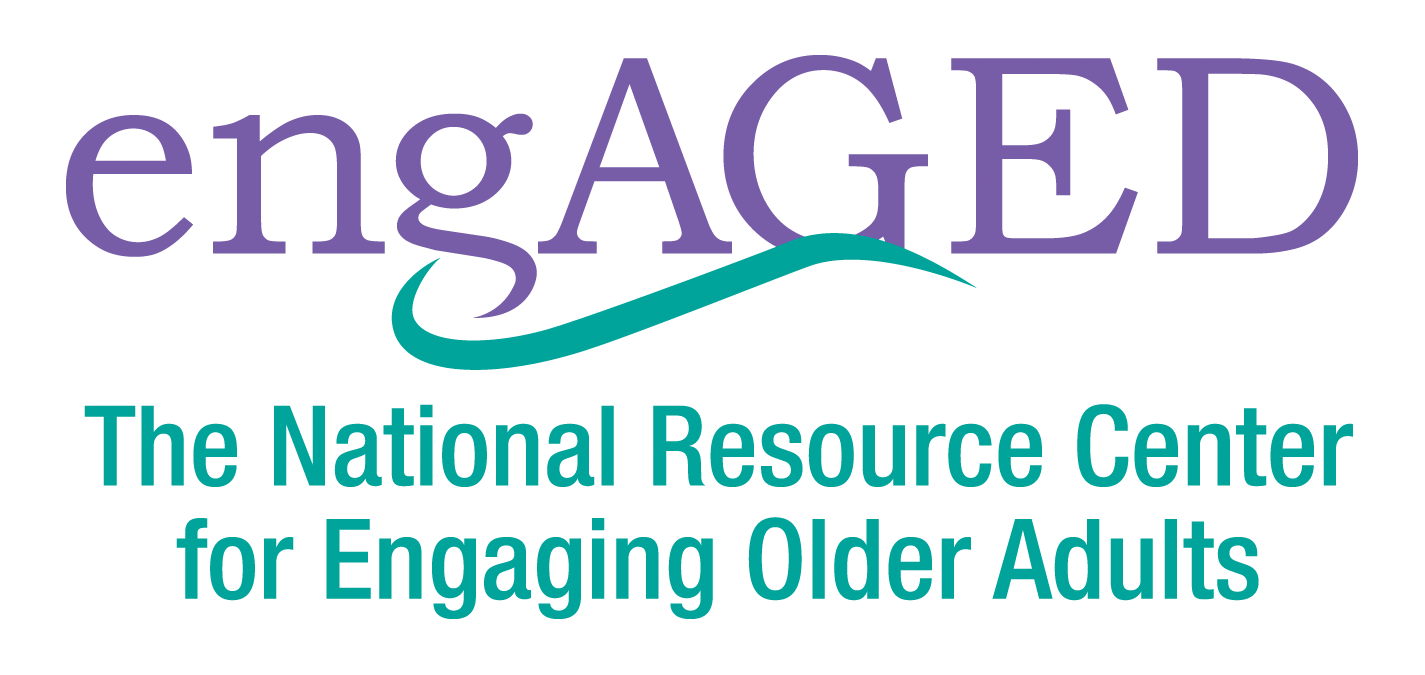Volunteer Opportunities for Older Adults During COVID-19 Pandemic
Observed every year on the third Monday in January, Martin Luther King Jr. Day is the only federal holiday designated as a national day of service. The day celebrates Martin Luther King Jr.’s life and legacy and encourages all Americans to volunteer within their communities to help move the country closer to Dr. King’s vision of a Beloved Community.
By empowering volunteers to participate in service projects such as delivering meals or collecting food and other essentials, the MLK Day of Service addresses community needs and strengthens communities. The MLK Day of Service can also be a great way for community members to find organizations and causes they care about and begin volunteering year-round!
Benefits of Volunteering
Volunteerism benefits communities across the country through the contribution of time and skills to support others. But volunteering also benefits the individuals volunteering, offering them a way to give back while finding meaning and purpose.
Research shows that volunteering for about two hours a week, or 100 hours a year, can lead to improved mental, emotional and physical health (Lum and Lightfoot, 2005). With older adults tending to volunteer more than any other age groups, they reap many of the health benefits volunteering offers (Kent, 2011).
Older adult volunteers may deliver meals to other older adults, provide transportation to older adults who no longer drive, or mentor children and youth, helping older adults remain engaged with and connected to their community.
COVID-19 and Volunteering
While the COVID-19 pandemic put a pause on many in-person activities, older adults have continued to volunteer during the pandemic through virtual or physically distant opportunities. Some older adult volunteers are making wellness calls over the phone or using technology platforms to engage in intergenerational mentoring, while others are continuing to deliver meals following guidelines put in place to keep volunteers and clients safe.
Volunteering during the pandemic can help older adults continue to feel engaged and purpose-driven while reducing feelings of social isolation and loneliness, which we all know have increased during the pandemic.
How Older Adults Can Find Volunteer Opportunities
Local Area Agencies on Aging can connect older adults to meaningful volunteer opportunities and programs in their communities. The Eldercare Locator (eldercare.acl.gov; 800.677.1116) is one resource older adults and caregivers can use to find a local volunteer opportunity.
Other resources to find volunteer opportunities—virtual or in person—include:
Volunteer Match (www.volunteermatch.org), which has a virtual volunteer page (www.volunteermatch.org/virtual-volunteering) that connects people of all ages with a range of virtual opportunities.
The America’s Natural and Cultural Resources Volunteer Portal (volunteer.gov/s) connects individuals to volunteer opportunities in local parks and cultural sites and offers some remote opportunities.
AARP Foundation’s Best Practices Guide for Virtual Volunteers (connect2affect.org/wp-content/uploads/2020/09/AARP-Foundation-Best-Practices-Guide-for-Virtual-Volunteers-1.pdf) offers tips on how to get started as a virtual volunteer and resources to find opportunities.
AmeriCorps (americorps.gov/join/find-volunteer-opportunity) provides a variety of opportunities for people of all ages to get involved in a rage of service programs.
All for Good (www.allforgood.org) connects potential volunteers to remote volunteer opportunities.
Citations
Kent, M. (2011) “Volunteering and Health for Aging Populations.” Today’s Research on Aging, Program and Policy Implications, 21: 1-7.
Lum, T.Y. and Lightfoot, E. (2005) “The Effects of Volunteering on the Physical and Mental Health of Older People.” Research on Aging, 27(1): 31-55.
